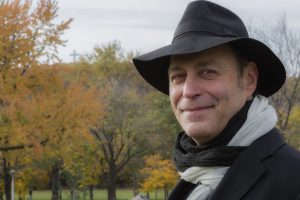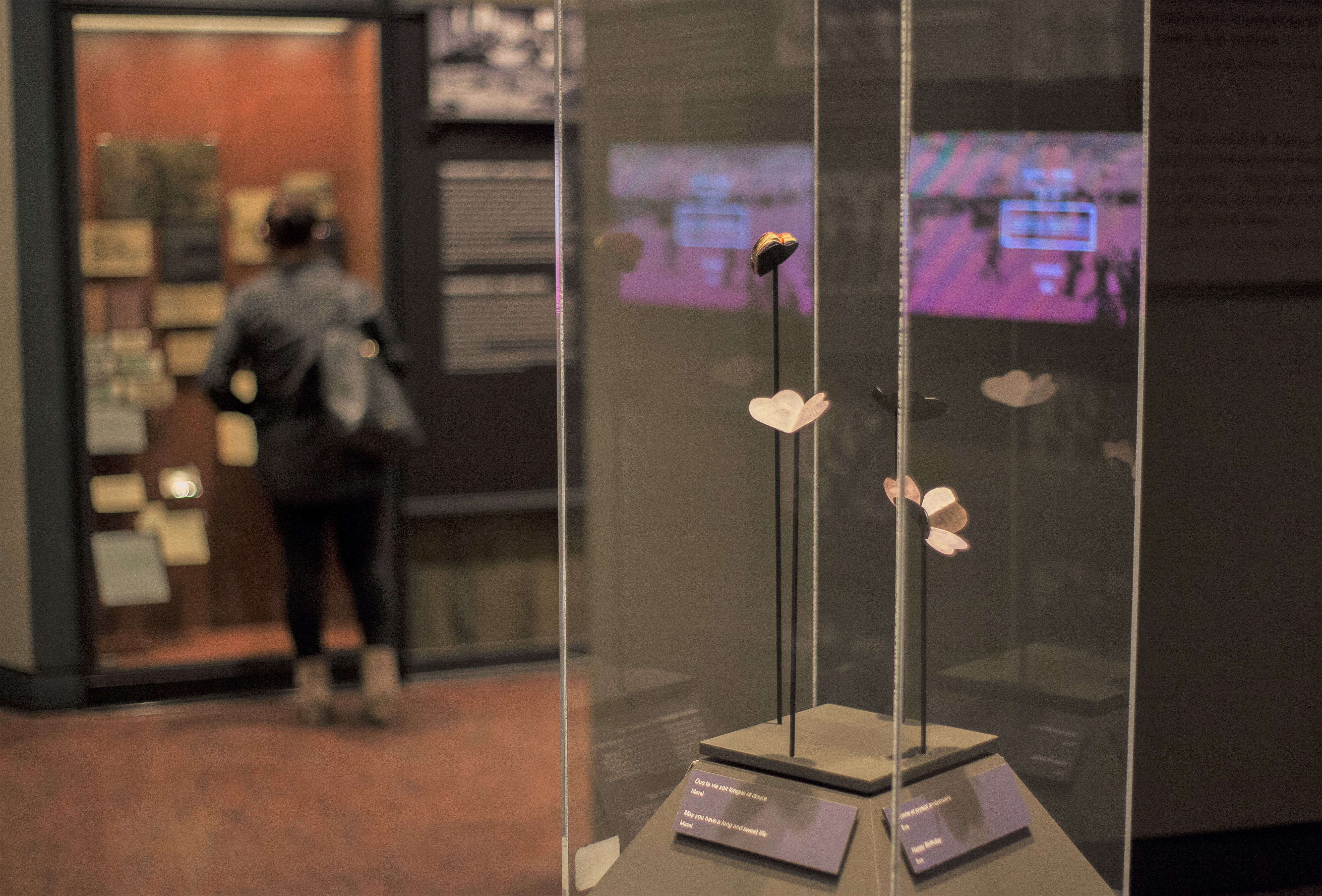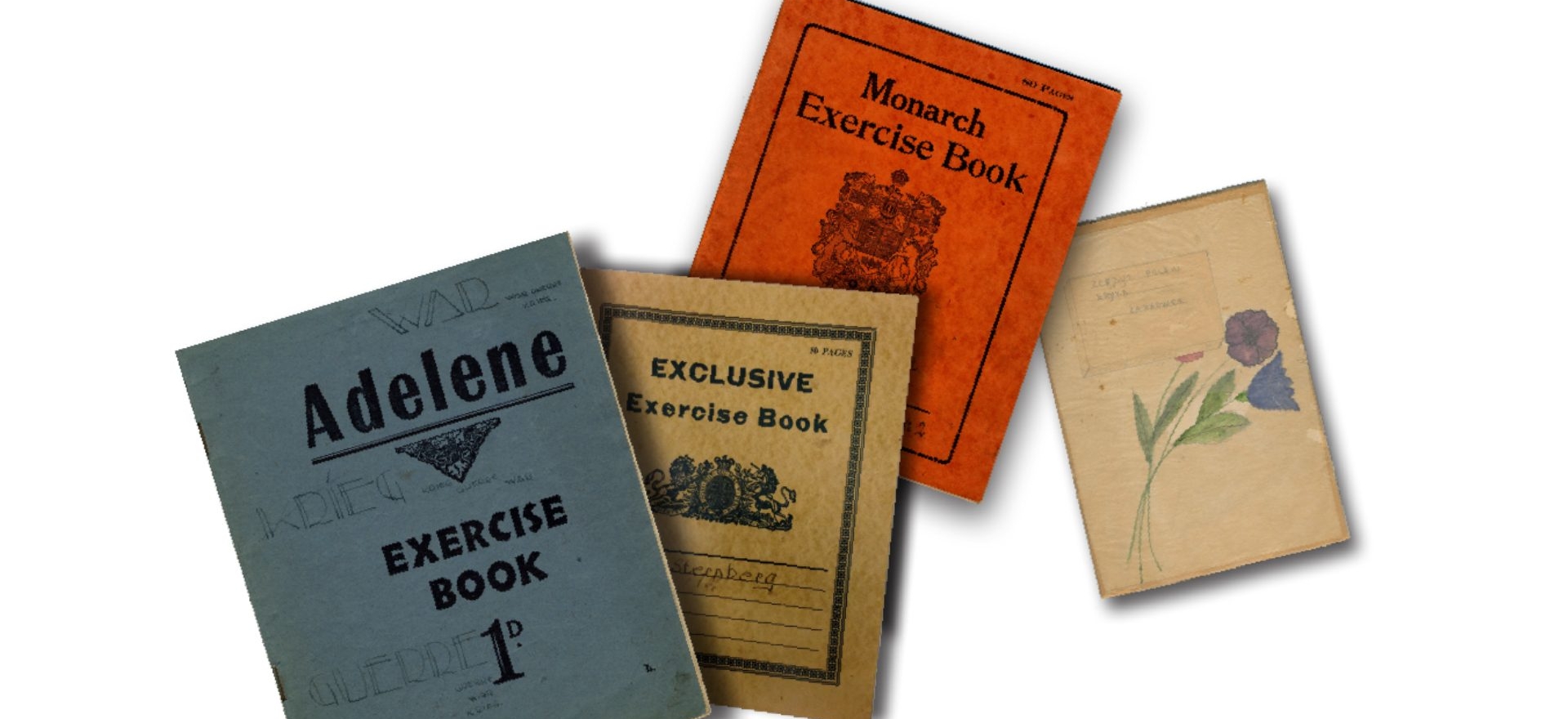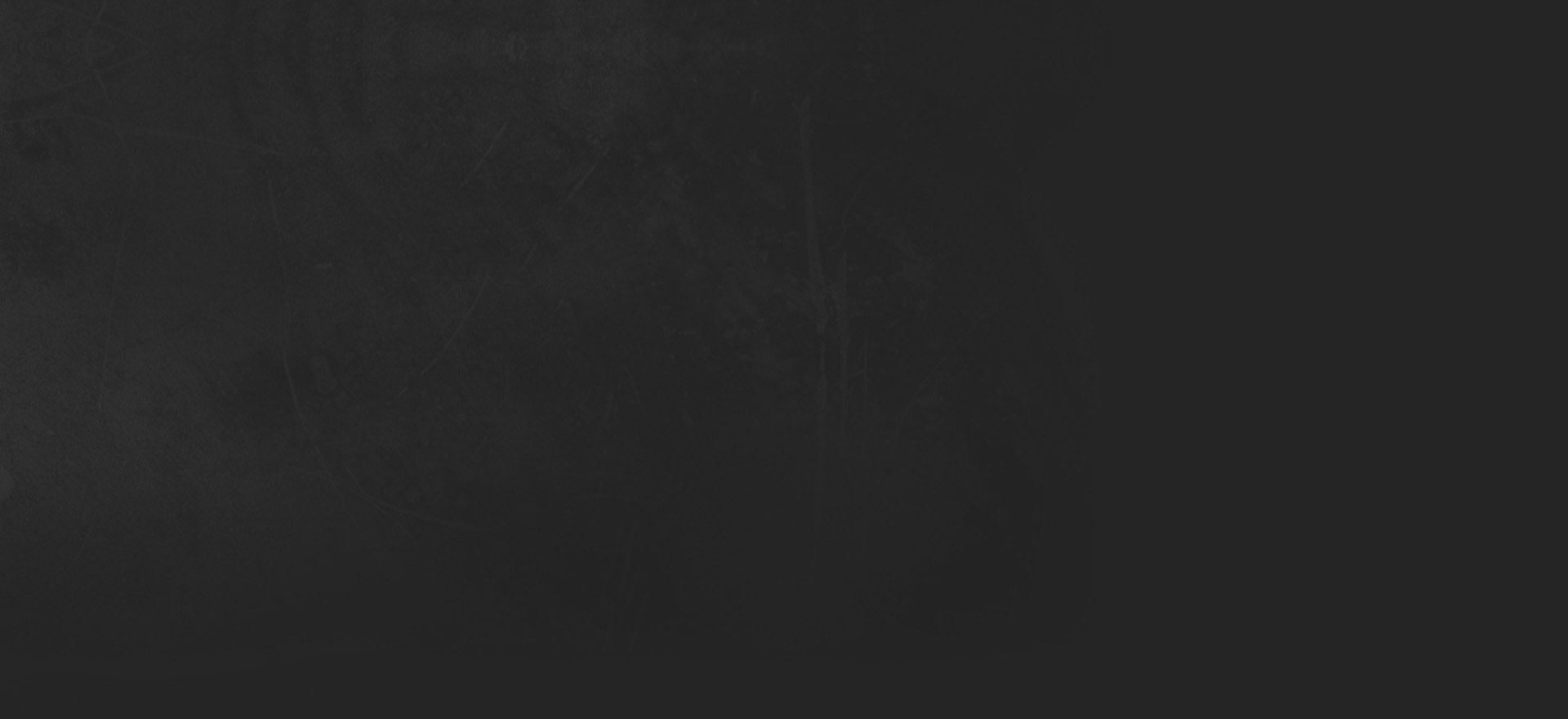Are you a teacher? Do you want to deepen your knowledge of the Holocaust and, more broadly, genocide? Wondering how to tackle these sensitive subjects in class? Are you looking for educational resources? Register for our Teaching about the Holocaust and Genocide training seminar.
The seminar will take place on:
– Monday, June 27 (all day), in-person at the Montreal Holocaust Museum
– Monday, July 4 (half-day), in a virtual format
The seminar is made possible by the Asper Foundation.
![]()
Objectives of Teaching about the Holocaust and Genocide
Throughout the seminar, you will:
– Become better equipped to teach about the Holocaust and other genocides
– Share your experiences of teaching the Holocaust and genocide with other educators
– Discover diverse resources to address these sensitive subjects in class
– Reflect on the importance of integrating the six concepts of historical thinking into your teaching approach
Program
[sp_easyaccordion id=”12150″]
Program details
All activities listed will take place in English, unless otherwise noted. For the French program running concurrently, click here.
Keynote address by Pierre Anctil
(in French, simultaneous translation provided)
Contextualizing the Holocaust
This lecture will attempt to situate the events related to the destruction of European Judaism, commonly called the Holocaust or the Shoah, within a broader historical and international context, especially regarding the effects of anti-Jewish persecution on Canadian society before, during and after the Second World War. Topics addressed will include Canadian migration policies during this crucial period, as well as antisemitism in Quebec during the 1930’s.
About the speaker
Pierre Anctil, professor, Department of History, University of Ottawa
His research bears on the different aspects of Canadian identity and on the emergence of a field of research specifically dealing with Canada. He is also interested in ethnicity in Canada, issues on a Quebec and national level, election results in Quebec and Canada, on the Jewish community of Canada and Montréal, and more precisely on anti-Semitism, secularism, linguistic integration and racism in Canadian society. He also specializes in Canadian Yiddish literature and culture.

Discovery Tour of the MHM’s permanent exhibition
Firstly, get to know a new interactive and immersive tour experience! The discovery tour allows students to explore the objects in the exhibit and to reflect on how they contribute to illustrating the history of the Holocaust.
In each section of the museum, historical context is provided before students launch into the exploration phase, during which they work in small groups to observe and analyze the objects on display in order to understand how they illustrate the lived experience of Jewish communities. At the end of each section, a group discussion enables the tour guide to assess understanding and answer questions.

Workshops
[sp_easyaccordion id=”12160″]
Other activities
[sp_easyaccordion id=”12161″]

